Speakers
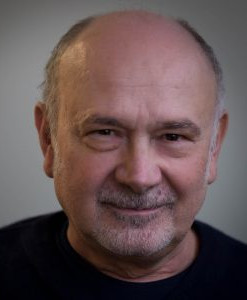
Winston Hide
Harvard Medical School
Ph.D. in Molecular Genetics from Temple University, Philadelphia, USA, Dr. Winston Hide is Associate Professor of Pathology at Harvard Medical School and Director of the RNA Precision Medicine Core at Beth Israel Deaconess Medical Center. A pioneer in computational bioinformatics and systems biology, he founded the South African National Bioinformatics Institute and was founding director of the Harvard Stem Cell Institute Center for Stem Cell Bioinformatics. He received numerous honors, including the International Society for Computational Biology Award for Outstanding Achievement (2011) and the Cure Alzheimer’s Foundation Award (2022). His research interests encompass data-driven systems approaches to disease causal discovery, molecular resilience mechanisms in neurodegenerative diseases and cancer, integrative multi-omic data analysis, and computational frameworks for targeted drug discovery.
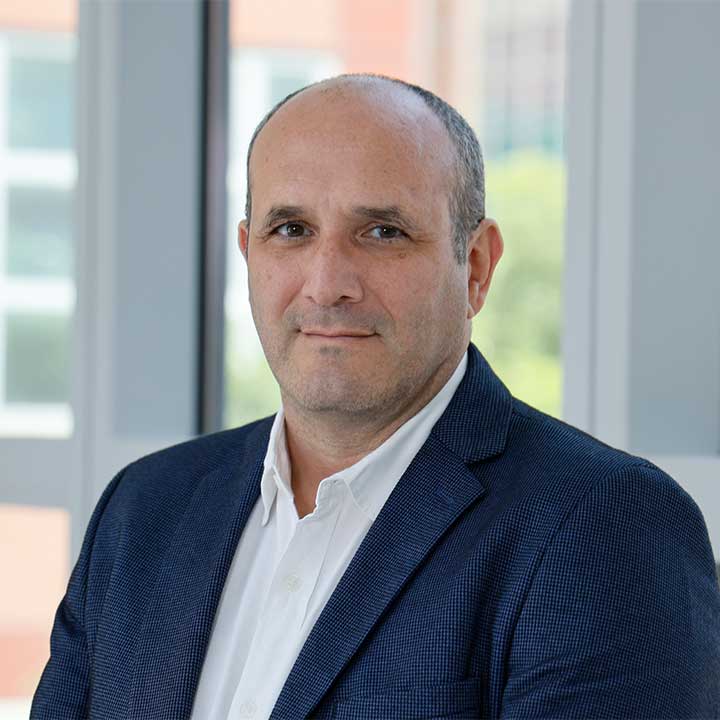
Oscar Harari
The Ohio State University
Ph.D. in Computer Science and Artificial Intelligence from the University of Granada, Spain, Dr. Oscar Harari is the Helen C. Kurtz Associate Professor of Neurology at The Ohio State University College of Medicine and Director of both the Division of Neurogenetics and the Neurobiology of Aging & Resilience Center at Ohio State Wexner Medical Center. His work is supported by multiple R01 awards from the U.S. National Institute on Aging. Dr. Harari’s research interests span neurogenetics and the molecular basis of aging and resilience, with particular emphasis on integrative analysis of single-cell and spatially resolved multi-omics data to dissect Alzheimer’s disease heterogeneity, neurovascular unit dysfunction, autosomal dominant AD models and sex-specific disease mechanisms.
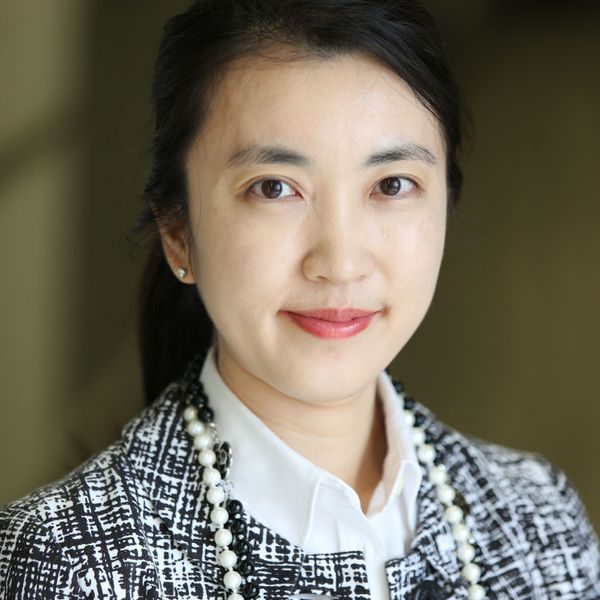
Julia TCW
Boston University
Ph.D. and A.M. in Molecular and Cellular Biology, Harvard University, USA, Dr. Julia TCW is Assistant Professor in the Department of Pharmacology & Experimental Therapeutics at Boston University Chobanian & Avedisian School of Medicine and Director of the Laboratory of Human Induced Pluripotent Stem Cell Therapeutics. She received numerous honors, including the 2022 Toffler Scholar Award from the Karen Toffler Charitable Trust. She sits on the editorial board of Molecular Neurodegeneration and journal Molecular Neurodegeneration Advances and serves as review editor for Frontiers in Neurodegeneration. Her research employs human iPSC-based models and integrative multi-omics to decipher Alzheimer’s disease genetics, develop in vitro and in vivo platforms for functional genomics, and identify novel targets for AD therapeutics.
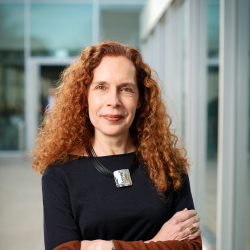
Patricia Palagi
Swiss Institute of Bioinformatics / ELIXIR
Ph.D. in Cognitive Sciences from Institut National Polytechnique de Grenoble, France, Dr. Patricia Palagi Graf is director of the SIB Training Group at the SIB Swiss Institute of Bioinformatics in Lausanne, Switzerland. A long‐time leader in bioinformatics education, she was president of the Swiss Proteomics Society (2007–2011) and was elected member of the SIB Educational Board, coordinating numerous international training initiatives. Her research and training interests encompass the design and delivery of hands-on bioinformatics curricula, proteome informatics, e-learning methodologies, and development of FAIR training materials for the life-science community.
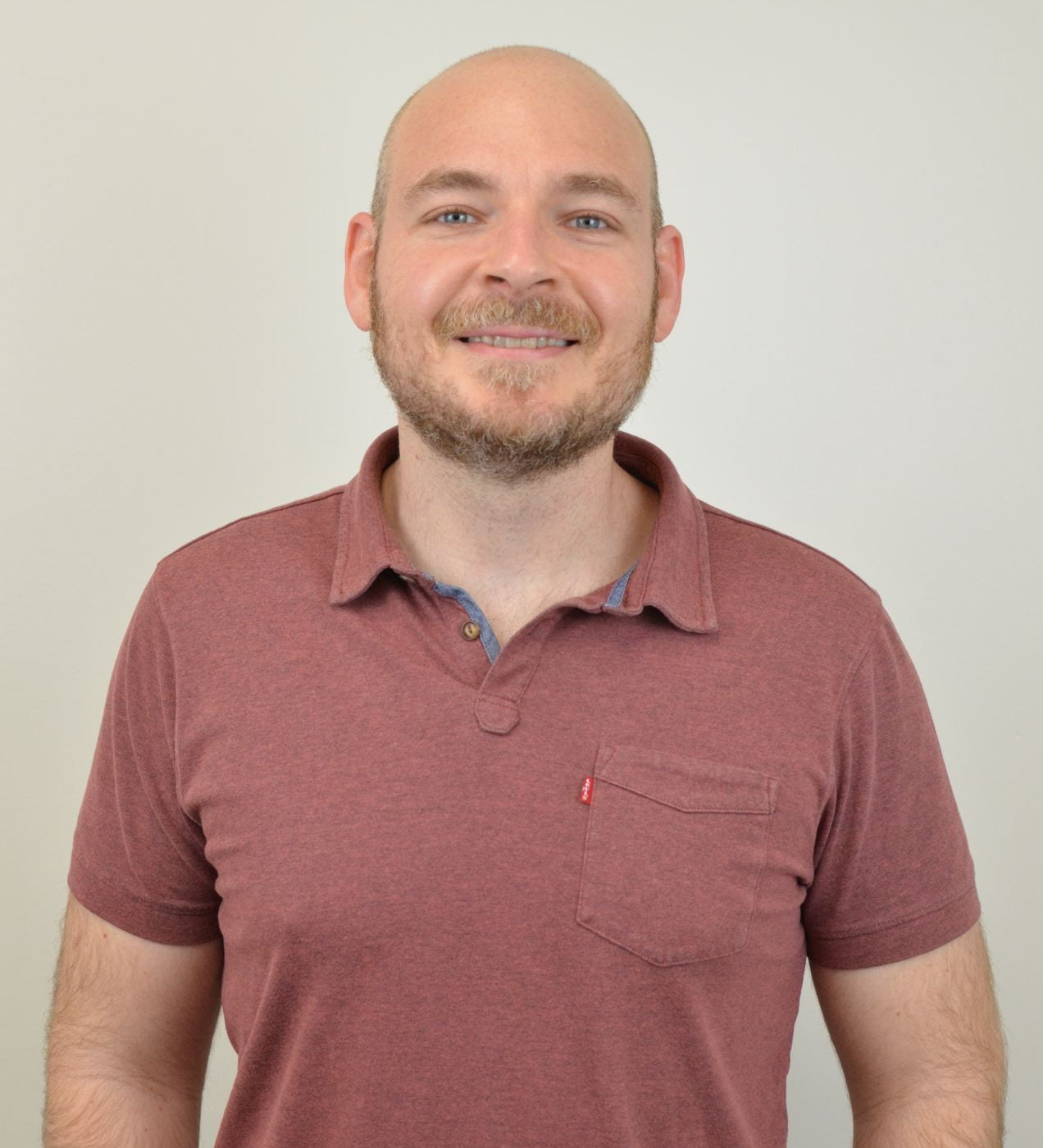
Ricardo Albanus
Washington University
Ph.D. in Bioinformatics from the University of Michigan, USA, Dr. Ricardo Albanus is an Instructor at the Department of Neurology at Washington University. His research interests are understanding aging and complex diseases from a molecular biology viewpoint. He is especially interested in mapping the interface between genetics and gene regulation, which requires him to be proficient in integrating multiple layers of functional genomics information (genomic, epigenomic, and transcriptomic) at the bulk and single-cell levels. In addition to doing science, Ricardo is excited about teaching and supporting other trainees.
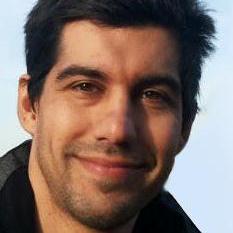
Andre Salles Peres
University of Coimbra
Dr. Peres holds a PhD in Physics Applied to Medicine and Biology from the University of São Paulo. He was a professor at the Edmond and Lily Safra International Institute of Neurosciences - Santos Dumont Institute and since 2019, he has been a Researcher at the Faculty of Psychology and Educational Sciences of the University of Coimbra, Portugal. His academic interest is focused on the dynamics of sensory processing, with an emphasis on visual object recognition and the development of methods for biomedical signal processing and has developed several software programs. In addition, he is strongly involved in scientific dissemination, believing in the importance of transferring academic knowledge to society and strengthening scientific education.

LUÍZ EUGÊNIO MELLO
Instituto D’Or de Pesquisa e Ensino (IDOR)
Dr. Mello earned his MD and PhD in Molecular Biology from UNIFESP, Brazil, and was appointed Full Professor of Physiology in 1998. Currently, he serves as Director of Research and Innovation at Instituto D’Or de Pesquisa e Ensino (IDOR) and was the Scientific Director of the São Paulo Research Foundation (FAPESP). He was President of the Federation of Experimental Biology Societies (FeSBE) and Director of Technology & Innovation at Vale S.A. He also served as Scientific Advisor to the MIT Advisory Council as well as for many other institutions. Among his honours, Dr. Mello was made Grand Officer of the National Order of Scientific Merit and was elected a Full Member of the Brazilian Academy of Sciences. He works in the areas of neuronal plasticity, epilepsy, neuronal degeneration, CT management.

Deisy Gisy
Federal University of Paraná
Dr. Deisy Morselli Gysi earned her Ph.D. in Computer Science from Leipzig University, Germany. She is currently Associate Research Scientist at the Center for Complex Network Research, Northeastern University, USA, and Bioinformatician at MAVERIC (U.S. Department of Veterans Affairs). A recognized leader in network science and bioinformatics, she serves as a reviewer for many scientific journals and was Chapter Leader of R-Ladies Leipzig. Her research interests focus on network medicine frameworks for drug repurposing and biomarker discovery, integrative multi-omics and big-data analysis, development of computational methods and R packages for network analysis, and systems-level approaches to complex biological and biomedical questions.
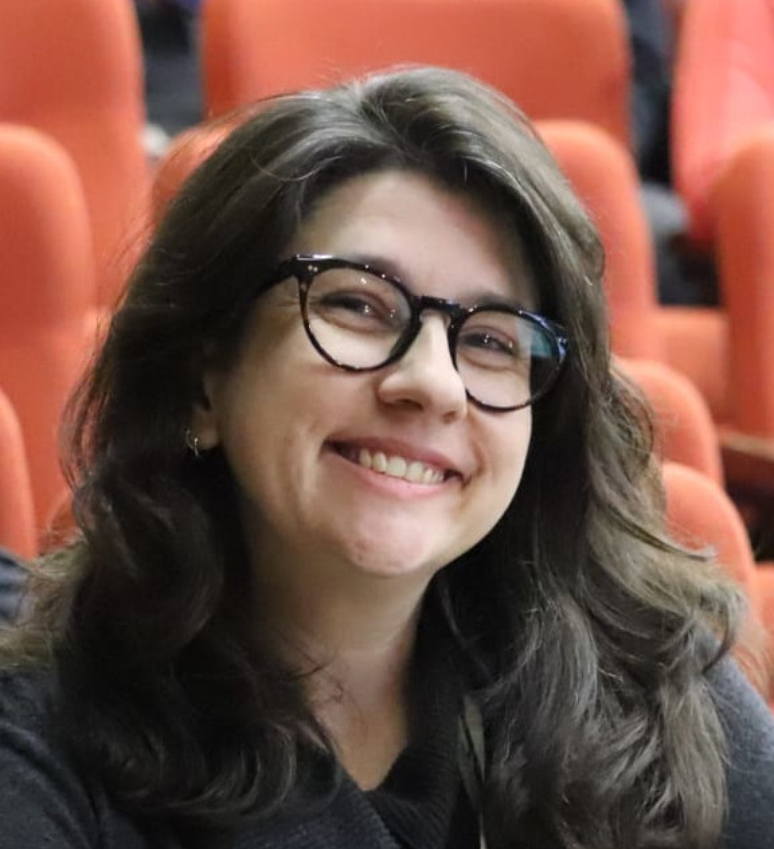
Mariana Quezado
Military Institute of Engineering (IME)
Dr. Mariana Torquato Quezado de Magalhães received her Ph.D. in Molecular Biology from the University of Brasília, Brazil. She is currently a professor at the Military Institute of Engineering (IME) and coordinates the Laboratory of Macromolecule Biophysics, where she leads research in the rational development of biopharmaceuticals, integrating advanced computational approaches with high-precision analytical characterization, such as mass spectrometry and nuclear magnetic resonance. Her areas of interest include conformational plasticity and protein multifunctionality, ranging from the understanding of atomic mechanisms to applications in biotechnology.
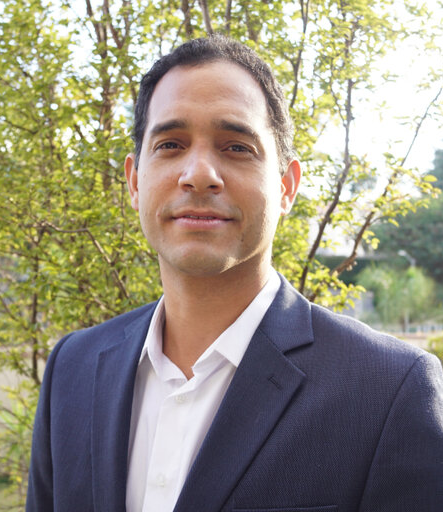
Otávio Cabral-Marques
University of São Paulo
Ph.D. in Immunology from the Institute of Biomedical Sciences, University of São Paulo, Brazil, Dr. Otávio Cabral-Marques is currently Group Leader in the Department of Immunology, Institute of Biomedical Sciences, and Scientist in the Department of Clinical and Toxicological Analyses, School of Pharmaceutical Sciences, both at the University of São Paulo. As Brazilian Junior Ambassador for the Universal Scientific Education and Research Network (USERN), he promotes international scientific collaboration and education. His research interests include integrative systems immunology, network-based multi-omics data integration for disease biomarker discovery, molecular mechanisms of autoimmune and inflammatory disorders, and computational frameworks for precision immunophenotyping.
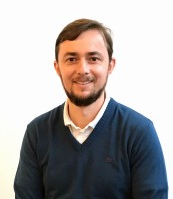
Marcos Romualdo Costa
Federal University of Rio Grande do Norte
M.D. from the Federal University of Rio de Janeiro and Ph.D. in Neuroscience from the same institution, Dr. Marcus Romualdo Costa is currently a volunteer Associate professor at the Brain Institute of UFRN, Brazil, and a project leader at Roche Pharmaceuticals. He has served as guest editor for Frontiers in Cellular Neuroscience. His research interests and expertise encompass gene expression dynamics in neurodevelopment and neurodegenerative disease, progenitor cell diversity, iPSC models, and transcriptomic and splicing alterations in CNS disorders. At Roche, he develops research with human stem cells, aiming at the development of new therapies for Alzheimer's disease, amyotrophic lateral sclerosis, and other forms of dementia.

Marcel Ribeiro-Dantas
Seqera Labs
Dr. Ribeiro-Dantas holds a Ph.D. in Bioinformatics from Sorbonne Université having conducted his research on Causal Inference in non-experimental breast cancer data at Institut Curie. He also holds an M.Sc. in Bioinformatics from the Federal University of Rio Grande do Norte researching Ewing Sarcoma, plus two graduate degrees in Big Data and Health Informatics, and a Computer Engineering degree from the same university. He is currently the Nextflow and nf-core Developer Advocate for Latin America and the Caribbean at Seqera Labs, the leading provider of open-source workflow orchestration software needed for data pipeline processing, cloud infrastructure, and secure collaboration.

Tiago Barra
Digital Forest
Tiago Barra is a Data intelligence and analytical thinking specialist with experience across multiple areas including growth, finance, and operations. Structured and scaled Data, Analytics, and Growth teams at companies such as Empiricus, 99, and Rappi. Founder of Digital Forest, a hub for projects in data, growth, and product development. Research partner at the Cappra Institute. Member of the G20 startup delegation. Mentor, advisor, investor, and speaker.
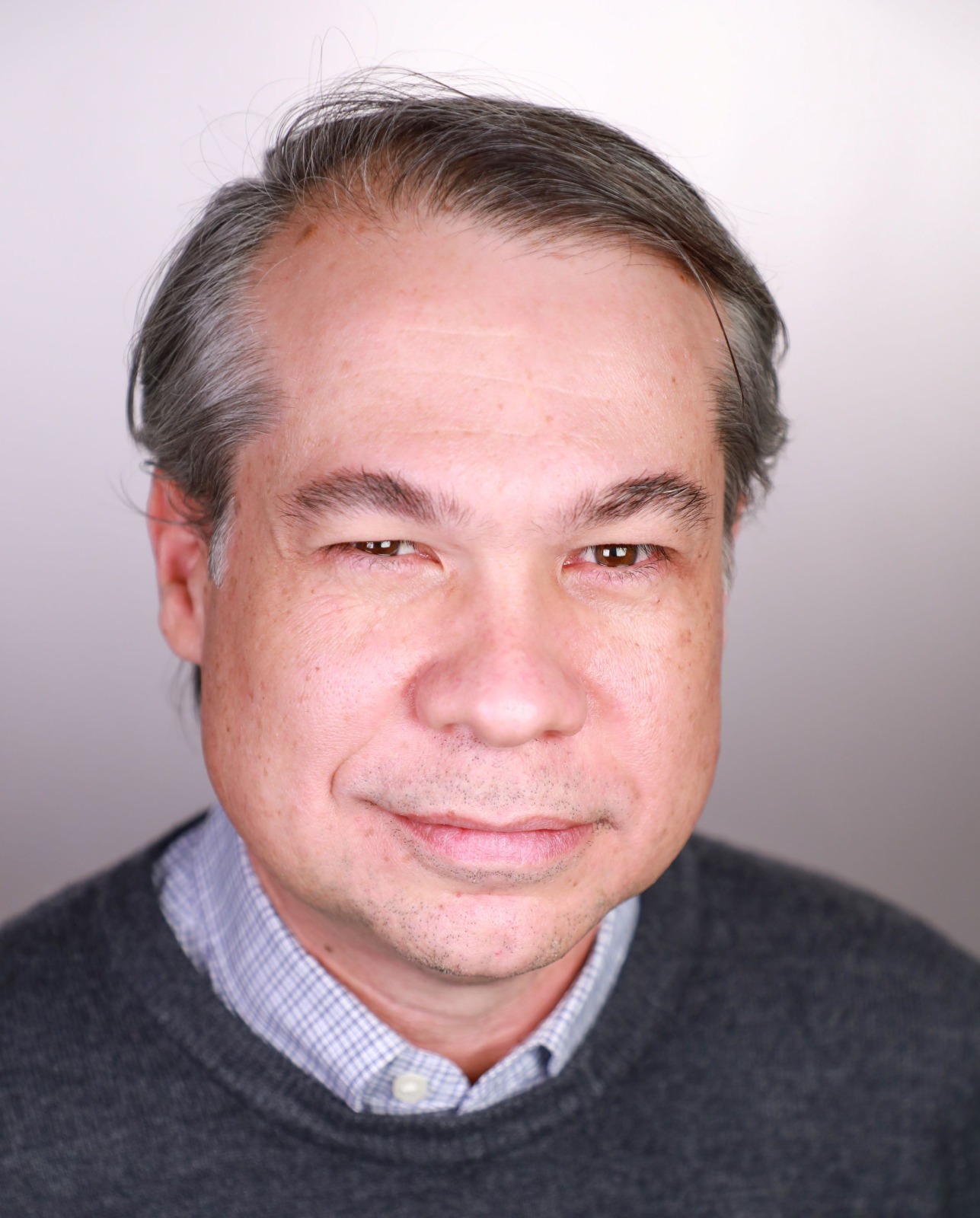
Marcelo Augusto Costa Fernandes
Federal University of Rio Grande do Norte
Dr Fernandes is an engineer and obtained his PhD in Electrical Engineering from Unicamp, Brazil. He is currently an Associate Professor in the Department of Computer Engineering and Automation at the Federal University of Rio Grande do Norte, Natal, Brazil. He is the Director of the Artificial Intelligence and Data Science Center (nIACD) at IMD/UFRN, leader of the InovAI Lab, the Research Group on Embedded Systems and Reconfigurable Computing (RESRC) and the Artificial Intelligence Applied to Maternal and Child Health (IASMIN) group. He is also a senior researcher at the Leading Advanced Technologies Center of Excellence (LANCE). His research interests include artificial intelligence, deep learning, digital signal processing, embedded systems, reconfigurable hardware and bioinformatics.

Sandro José de Souza
Federal University of Rio Grande do Norte
Professor Sandro de Souza holds a PhD in Biochemistry from the University of São Paulo, and between 1995 and 1998, he was awarded the Pew Latin American Fellowship at Harvard University. Considered one of the pioneers in these fields in Brazil, he served as an Associate Member of the Ludwig Institute for Cancer Research from 1999 to 2012. In 2009, he was named a “Young Global Leader” by the World Economic Forum, and in 2011, he was invited as a Tinker Visiting Professor at the University of Chicago. He is currently a Full Professor at the Brain Institute of the Federal University of Rio Grande do Norte (UFRN), where he leads the Bioinformatics Multidisciplinary Environment (BioME). In the private sector, Professor de Souza serves as Chief Scientific Officer at DNA GTx Bioinformatics, a company that develops solutions applying bioinformatics to oncology, precision agriculture, and environmental monitoring.

ITAMIR DE MORAIS BARROCA FILHO
Federal University of Rio Grande do Norte / EMBRAPII
Professor Itamir Filho holds a PhD in Computer Science from UFRN, Brazil, and is a professor at the Digital Metropolis Institute (IMD) at UFRN. A researcher in the areas of Internet of Things (IoT), cloud computing, and mobile systems, focusing on projects ranging from the development of IoT platforms to the creation of innovative software solutions, he works on integrating technology with real-world applications. He also leads R&D&I initiatives through the EMBRAPII Unit at IMD, coordinating partnerships with public and private companies and contributing to technological innovation in areas such as digital health and smart systems.

VASILIKI LAGOU
Federal University of Rio Grande do Norte
Dr. Lagou is a statistical geneticist who earned her PhD in Genetic Epidemiology from the University of Glasgow. She has worked as a Postdoctoral Researcher at the Wellcome Trust Sanger Institute, Katholieke Universiteit Leuven, the University of Oxford, and the University Medical Centre Groningen, and, since 2023, she has been a Visiting Professor in Bioinformatics at UFRN. She uses cutting-edge methods to analyze large-scale data to identify novel loci for complex and rare diseases, with the ultimate goal of understanding the mechanisms underpinning disease pathophysiology. Her primary research interests are statistical genetics; genetic epidemiology; variant analysis; genome-wide association studies (GWAS); single-cell genomics; and multi-omics integration.
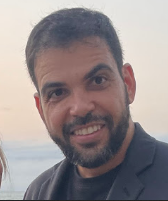
EUZÉBIO GUIMARÃES BARBOSA
Federal University of Rio Grande do Norte
Dr. Barbosa holds a PhD in Chemistry from UNICAMP, Brazil, and is a professor in the Pharmacy Department at UFRN. A researcher in the areas of medicinal chemistry, molecular modeling, and drug development, focusing on projects ranging from the organic synthesis of bioactive compounds to computational studies of structure-activity relationships, he works on the development of innovative 2D-3D and 4D QSAR methodologies applied to therapeutic targets of neglected diseases, such as leishmaniasis and Chagas disease. He also researches the mechanisms of action through target fishing, exploring both natural products and organic synthetic compounds with pharmacological potential.

Danilo Nagem
Federal University of Rio Grande do Norte
Danilo Nagem holds a Bachelor's and a Ph.D. degree in Mechanical Engineering, with an emphasis on Bioengineering, from the Federal University of Minas Gerais (UFMG), Brazil. He has experience in Biomedical Engineering, particularly in Bioengineering, focusing on bioengineering, accessibility, pneumatic muscles, biomechanics, and rehabilitation. He is one of the founders of LAIS – Laboratory for Technological Innovation in Health and currently serves as the Head of the E-Health Department at the Ana Bezerra University Hospital in Santa Cruz, Brazil.